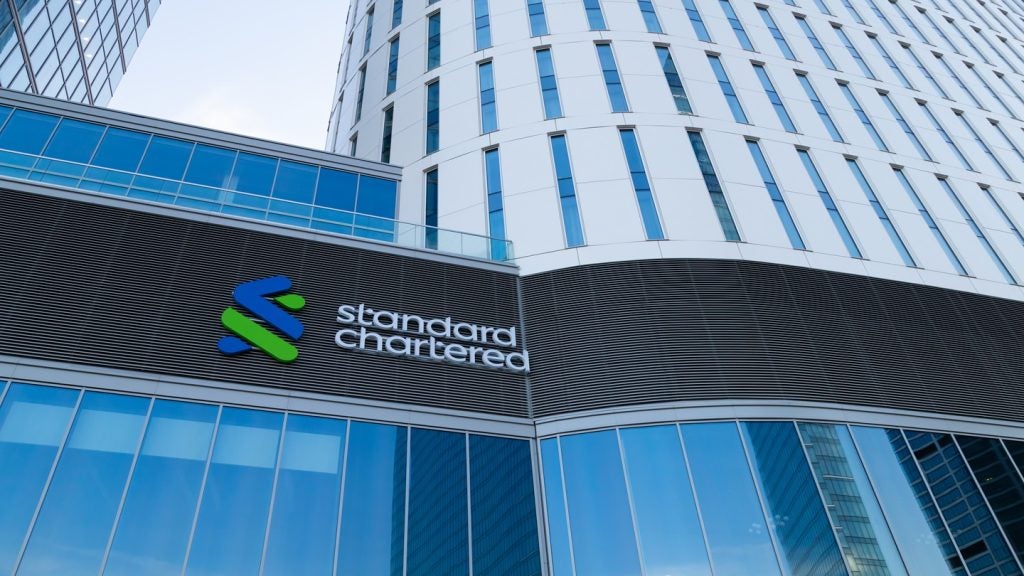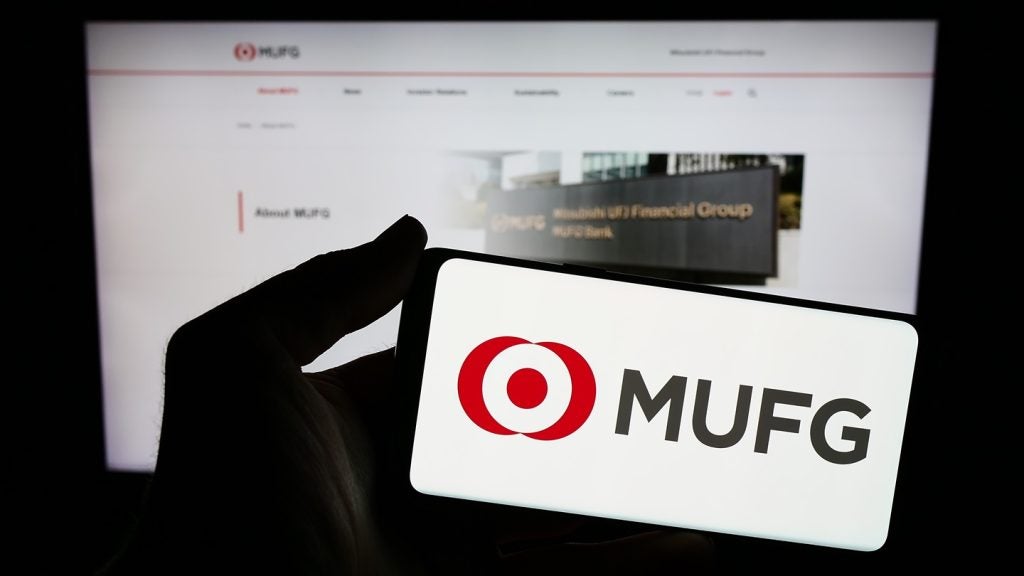There are around 40,000 ultra
high net worth individuals in Russia, holding investable assets of
around $700bn. Most private banking operations in the country are
relatively small scale, and local bankers estimate only around
$50bn of the market is currently managed by wealth
managers.
Russia, despite its vast potential
and obvious connections with wealth, through the oligarchs who have
made their names across the world, is renowned as a difficult place
to do business.
Andrei Movchan, CEO and founder of Third Rome,
a Moscow-based wealth manager, knows well the local characteristics
of the market. He left his previous organisation, Renaissance
Capital, after becoming disillusioned about the ability of its
investment bank to successfully manage conflict of interests and
efficiently serve HNW clients. Movchan was also frustrated with the
bureaucracy and compliance issues required to deal with retail
clients.
“Working with the retail clients was not worth
it, not with respect to provision of the services, but the model of
economics,” Movchan told PBI.
“In Russia, retail investment is complicated
by the regulation – it is pretty much paper driven. The asset
management companies have many responsibilities they don’t have in
the west, for example tax responsibilities. In Europe, these types
of activity can be outsourced, but Russian asset managers are
unable to outsource these administrative functions.”
How well do you really know your competitors?
Access the most comprehensive Company Profiles on the market, powered by GlobalData. Save hours of research. Gain competitive edge.

Thank you!
Your download email will arrive shortly
Not ready to buy yet? Download a free sample
We are confident about the unique quality of our Company Profiles. However, we want you to make the most beneficial decision for your business, so we offer a free sample that you can download by submitting the below form
By GlobalData Movchan’s
Movchan’s
solution was to set up an independent partnership-type business and
abandon the retail segment altogether. Third Rome accepts
investment mandates of $1 million and above, though the clients
they service usually have investable assets in excess of $20
million, generally considered to be the UHNW segment.
He estimates the number of ultra high net
worth clients in Russia to 40,000, holding a total of $700 billion
in investable assets. Only around $50 billion of this is currently
managed by wealth managers – both in the country and abroad, mainly
by Swiss banks.
“This is a huge market for us and the market
is poorly attended to currently,” he added. “I can barely name a
couple of successful businesses in this field”
The current wealth management leaders in
Russia are UBS and Credit Suisse, according to estimates from local
bankers, managing between $5billion and $15 billion in client
assets. Other prominent foreign businesses in the market include
Pictet and Goldman Sachs.
The leading local players include UFG Invest
and Troika Dialog, with around $1 billion of client assets under
management. Third Rome, which started operations in August, has
$300 million in AuM, according to Movchan.
Like UFG Invest, Troika Dialog and Movchan’s
former business, Renaissance, Third Rome primarily manages the
majority of its money in-house. The figure stands at around 90
percent currently, with a target of moving to 70 percent in the
next two years, though Movchan said he was “not a particular
believer in open architecture”.
He said the dependence on in-house products
was not a result of internal policy, but a lack of expertise in the
business to source external products reliably, and a belief that
his product team had the best products on the local market.
Third Rome specialises in investing in
Commonwealth of Independent States countries – Russia, Ukraine,
Kazakhstan and Azerbaijan – in particular small-cap equities and
whole range of debt products including distressed debt.
Russian clients are particularly interested in
fixed income currently, mainly corporate bonds, with a focus on the
financial sector. Eurobonds and rouble denominated securities are
also popular, as are structured notes based on Russian securities.
Movchan prefers notes issued by BNP Paribas and Société
Générale.
Despite a 72 percent decline in domestic
equity markets over the course of 2008, the largest drop in a
global stock exchange, Movchan said the majority of investments
remained in domestic markets.
“The view of the rouble is pretty positive,”
said Movchan. “Russian clients do not like to invest in global
markets, they never did and they still do not. The majority of
investments are domestic.”
But the business is not chasing the
high-profile Russian oligarchs which, for many, gives Russia its
reputation as a country of riches. Third Rome actively steers clear
of individuals on the Forbes rich list, and Movchan said the top
200 richest Russians are outside its core market.
“They are just too big to us, they are
politically exposed and have the good Russian tradition of buying
everything they see,” he said.
“If they need private banking services they
would rather buy a private bank than apply for services. They
change their opinions pretty quickly and their general approach is
to appoint a global bank like Goldman Sachs, put money there and
sit quiet. They try to keep their spare money as far from Russia as
possible. We like working with people from $20 million to $300
million.”
Offshore corporate vehicles are widely used
for Russian clients, a legal practice which allows them to avoid
taxation on investment gains until they take dividends from the
business. Another reason Russian wealth managers prefer to deal
offshore is because there are restrictions on certain transactions
in Russia, Movchan gave the example of repo transactions.
According to Merrill Lynch/CapGemini figures,
Russia’s HNW population declined 28.5 percent to 97,000 ($1 million
in investable assets) in 2008 and it remains well outside the
world’s top 10 wealth markets. Australia is the 10th-largest, with
129,000 dollar millionaires.







